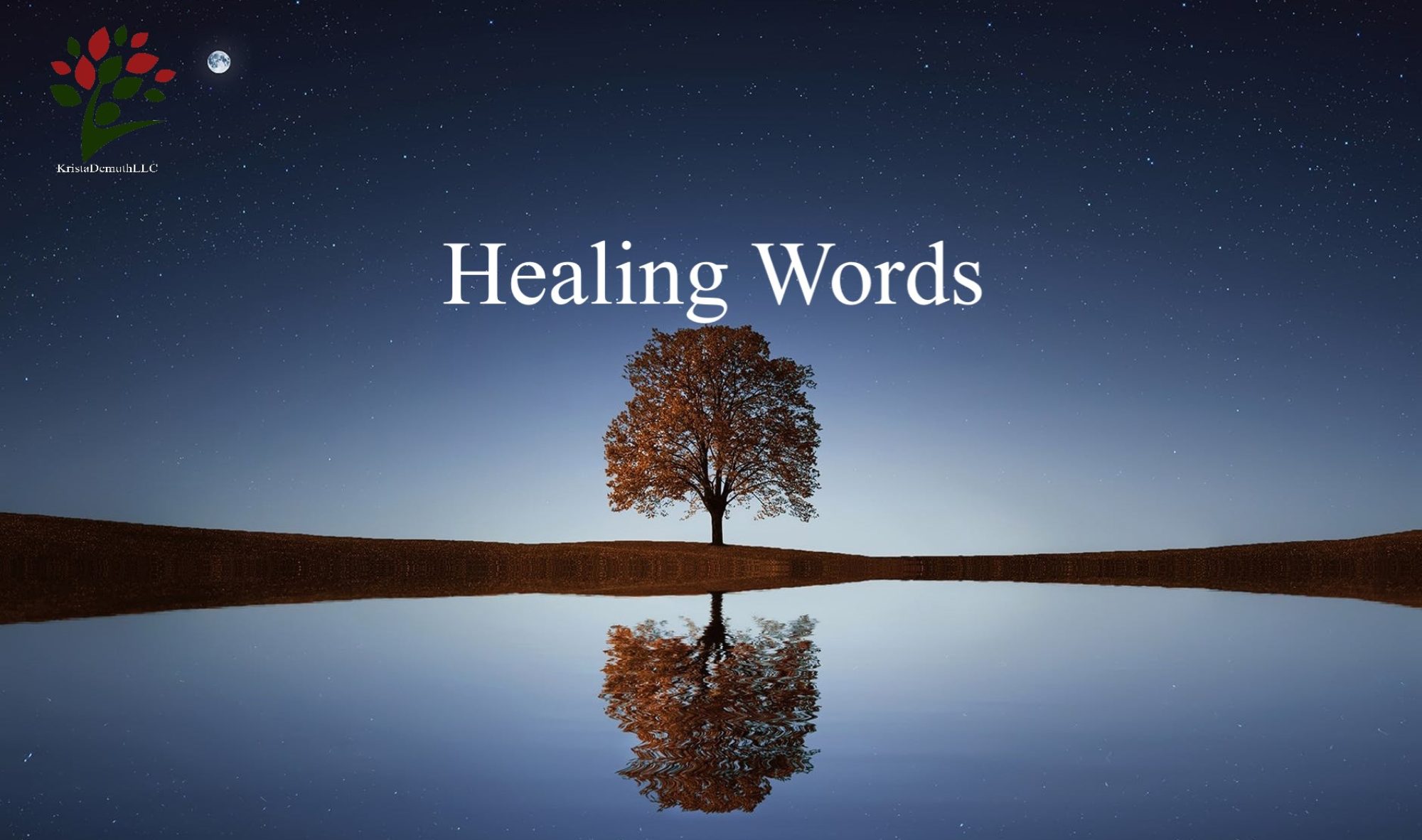You may have heard about the death of Cheslie Kryst last week. She was the winter of Miss USA in 2019 as well as a correspondent for the entertainment program “Extra.” She was a successful civil attorney working to help reform America’s justice system. Chelsie also advocated for women and people of color. From the outside, she had it all. So why would a successful, young woman with a seemingly amazing future choose to end her life through suicide?

Her death illustrates a huge problem in suicide prevention in the United States. Oftentimes we assume those at risk for suicide are white males between the ages of 14 and 54. While white men do account for the majority of completed suicides in America, the reality is much more complex. Recent studies have found that a staggering 40% of American adults are reporting mental health struggles. Mental health challenges have been increasing over the past 10 years, but the pandemic has accelerated these challenges. Additionally, depression rates among adolescents are twice that of adults.

Unfortunately, black adolescent males have experienced a heighted increased in suicide attempts over the past several years. In general, America tends to forget this demographic. The increased rates of suicide attempts in African Americans can be accounted for due to multiple issue: social inequality, poor access to mental health services, poverty rates, etc. There also continues to be a stigma around mental health, particularly men asking for help. Asking for help goes against the notion of masculinity: men being strong and not needing to ask for help. In reality, it takes far more strength to ask for help.
We know an increased risk factor for suicide is depression and isolation. You may look at Chelsie’s life and think, She wasn’t isolated. She was out helping people. While isolation can look like locking yourself in your bedroom and refusing to interact with people, it doesn’t always look like that. Isolation can also mean ignoring thoughts and feelings of depression and suicide while overcompensation by focusing on others. So, someone may be feeling depressed and having suicidal thoughts, but chooses to continue focusing on others, ignoring their own mental health needs, and eventually feel so overwhelmed that suicide feels like their only option to escape their inner turmoil.

I’ve written in the past about ways to identify if someone in your life may be experiencing depression and suicidal ideation. Be on the lookout for repetitive statements in conversation of “I’m tired of everything,” “I don’t want to be here,” or “I just want to disappear.” Individuals thinking about suicide also experience worthlessness, guilt, low energy, and irritability. Keep your ears open for these types of statements or behaviors. If someone is reaching out to you for help, it’s vital that they know they are in a safe space. No judgement. No shame. They simply need to feel that you are listening to them and care about them.

Chelsie’s death has left many people scratching their heads about suicide. The bottom line is: suicide is a complex issue. Speaking about it, raising awareness, recognizing the signs, and ending the stigma around getting help are good first steps. If you are experiencing feelings of depression: take care of yourself—don’t focus on meeting every one else’s needs before taking care of you. Get around people. Don’t isolate. Reach out to a professional. Know that you are not alone in these thoughts and feelings. There is no shame in asking for help.
If you or someone you know is in crisis, reach out to the National Suicide Prevention Hotline at 800-2743-8255, or text HOME to 741741.
To Health, Hope and Healing

Krista Demuth, MS LPC, CATP is a professional counselor specializing in mental health for children, adolescents, and adults. She is a Certified Child and Adolescent Trauma Professional. She is licensed in Wisconsin and provides service to the St Croix River Valley and surrounding areas.
